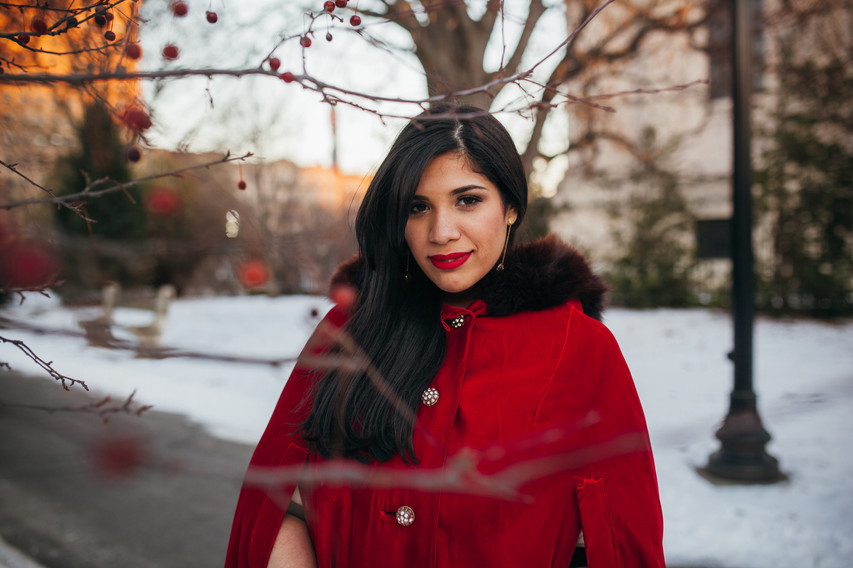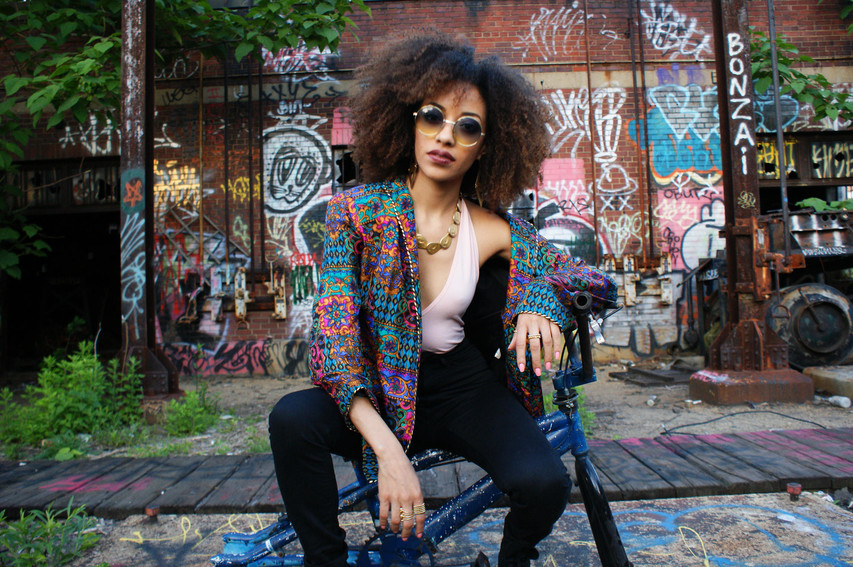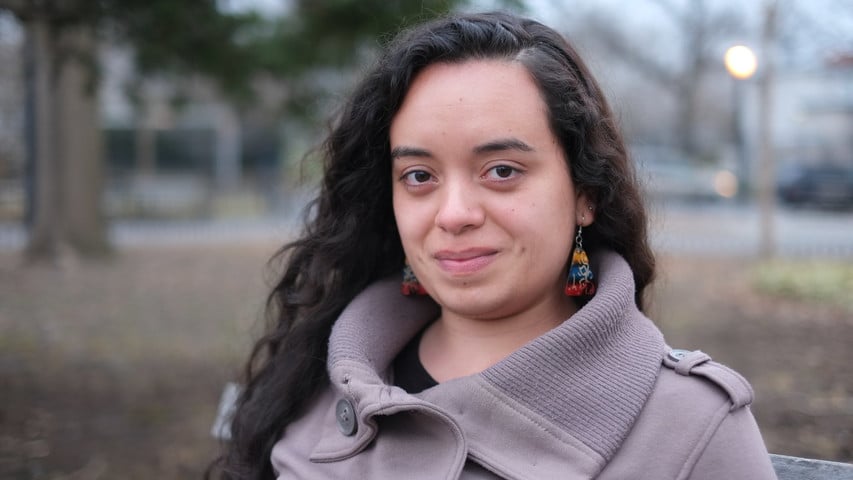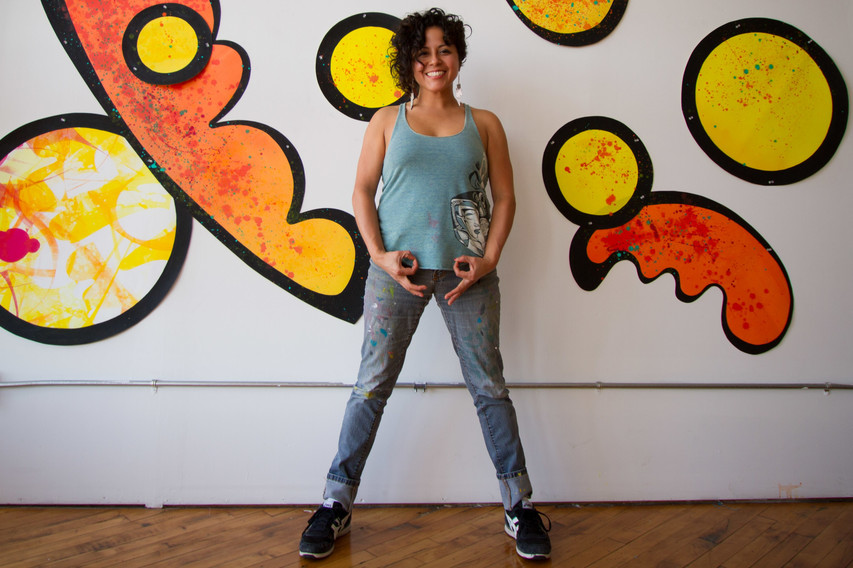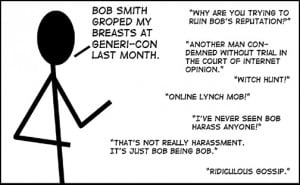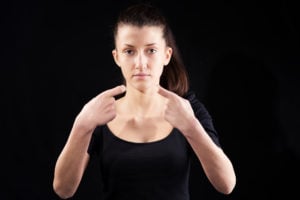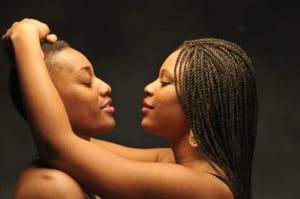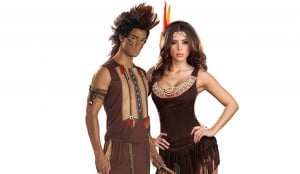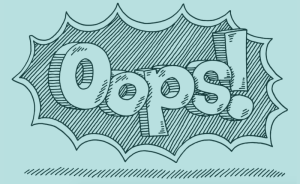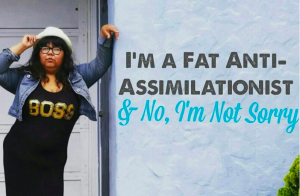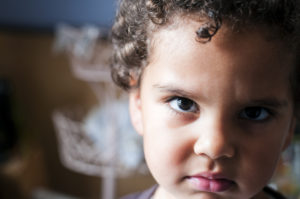Originally published on Vivala and republished here with their permission.
“Latina” and “feminist” are both terms that carry with them tremendous weight. They can both also get confusing once you begin to talk to people with unique upbringings and individual experiences.
We reached out to six women who shared their views on what these blended terms mean to them personally. Some have sharply defined answers, while others chose more fluid descriptions.
It’s a lesson in how diverse we are as a community, and how much we can learn from different perspectives, because let’s be real: There isn’t a right answer here.
Get to know these women as they answer what being a Latina feminist means to them. What you’ll find will, at the very least, make you think.
1. Patricia Valoy
Age: 29
Occupation: Engineer and STEM Activist
“I feel like I’m such a latecomer to calling myself a Latina and a feminist, let alone a Latina feminist. Growing up I always considered myself a Dominican malcriada, and I was pretty content with that label, but I also felt like I was the only one ever thinking about sexism and racism, both in my community and in the dominant culture. Needless to say I wasn’t very fun at parties.
“As I began to learn that my beliefs had a label, mainly feminism, I adopted it in an instant. And later on, in an effort to feel more connected to women just like myself I began calling myself a Latina.
“But that change in label was also really meaningful to me. Being a Latina feminist means that I can organize with people that share a struggle with me. And even when we don’t share the same struggle, there is mutual understanding.
“As a Latina feminist, I work to remedy the issues in our community with the understanding that our struggles are intersectional and that just because we have one label it does not mean we are equally oppressed. That realization was eye opening to me, but it was not something I ever considered when my world was just my Dominican family and my Brooklyn neighborhood.”
2. Nicole Castillo

Age: 32
Occupation: Hospital-based domestic violence advocate and National Advisor for Millennial Issues at BeVisible Latina, a social-networking and career-building site for Latinas.
“Being a Latina Feminist for me means being an innovator who is aware of intersectional change.
“From my own experience as a queer Latina, I understand that oppression is layered. We can’t address one issue without considering how another is impacted. We can’t fight for the rights of women while also dismissing racism, classism, and transphobia.
“Everything is interconnected, and so any solution that is really liberatory must mirror that intersectionality.
“Many of the solutions that have been offered to us depend on working within systems that have been discriminatory, oppressive, and limiting for our communities. When I first started out as a young feminist, I wanted to infiltrate these systems to change them. I increasingly felt burnt out and hopeless with this approach, and so I have turned my attention to a different tactic.
“I’m now working to build new solutions outside of those systems that already exist and trying to innovate using the skills and strengths of our people. While systems change is very important, we still have untapped potential.
“The world of tech and entrepreneurship is one of the places where I see the greatest potential. Some may argue that tech is only for the rich and privileged, and while I agree that we must be cognizant of the lack of equity that still exists in tech, I believe we have a chance right now to claim that space for ourselves.
“Look at every major social movement that has emerged this year and you can see the power of tools like Twitter to mobilize communities quickly, cheaply, and effectively. What would happen if LGBTQ people of color ran the tech world?”
3. Juliana Pache

Age: 23
Occupation: Singer, writer, freelance marketing
“I’ve always been rebellious. I’ve always questioned the status quo. I definitely wasn’t an easy child to raise for these reasons. It’s not surprising, then, that I’ve been drawn to social justice throughout my life.
“I was curious growing up why I was always called a ‘black girl’ when my family never claimed their blackness? I didn’t know what I was supposed to look like or how I was supposed to behave or what I was supposed to believe, but I learned quickly, and, as I grew up, I learned to UNLEARN very suddenly.
“When I stopped getting relaxers and grew out my fro, the women in my family almost had heart attacks.
“My relationship with feminism has been inspiring, transformative, and draining. Being black and Latina is an intersection that does not get discussed enough for people to understand. I’m constantly teaching. And I love to teach, but I don’t like defending myself.
“This is what I’ve had to do in feminist spaces: Defend myself. I’ve had to explain what it means to be black and a woman and Latina and poor and mentally ill and how all of these things coexist and interact with each other.
“What does any of this have to do with feminism? What does any of this have to do with being Latina?
“Being Latina, to me, does not exist without being black. I am a black Latina woman. I don’t know any of the three in separate parts. They are all one to me.”
“Being black, Latina, and a woman in the United States, I gravitate less toward the ID of ‘feminist’ and I gravitate completely toward ‘womanist.’ To me, being a black Latina womanist means I am navigating through this world through a web of intersections and I am proud of everything that I am. I am proud of who I am.”
4. Angy Rivera

Age: 25
Occupation: Core member at the New York State Youth Leadership Council
“The term feminist isn’t something that I identify with. Feminism, for me, seemed to be reserved to white middle-class women in academic circles.
“I grew up surrounded by women of color and immigrant women who left everything behind to raise their children in safer conditions. Women who helped each other escape domestic violence situations. Women who cooked and fed entire communities.
“Women who cared for each other’s children and always thought of new ways to help one another. Women who did things the church said not to. Rebeldes. Women who were openminded about taboo topics like reproductive rights and sexuality. Women who fought against machismo every day.
“For me, feminism isn’t something you learn about in college and suddenly identify as. I grew up knowing about injustice and inequality.
“I saw the way folks made fun of us for not speaking English. I saw we struggled to make ends meet. Living in fear as immigrant people. Fighting for our lives and safety as survivors of violence. That power and resiliency is what I was raised in and what being a Latina feminist means to me.”
5. Favianna Rodriguez

Age: 37
Occupation: Artist and executive director for CultureStrike
“To be a Latina feminist means to be emancipated and free to engage in the things that bring me the most pleasure and joy, free of shame and stigma.”
6. Dior Vargas
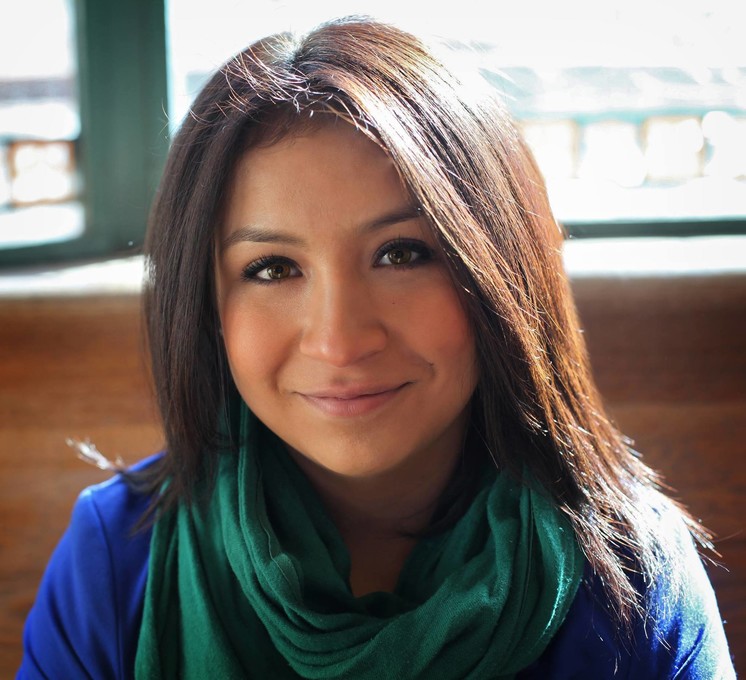
Source: Carly Romeo, Two Spoons Photo
Age: 28
Occupation: Latina Feminist Mental Health Activist, Outreach coordinator for Project UROK
“Being a Latina feminist to me means that I believe in the equal rights of all individuals. In addition, my feminism is intersectional, which is being aware that people live with multiple identities, i.e., there is intersectionality in these experiences. So I am just not a woman or Latina or queer, etc. I’m all of those things.
“We need to be cognizant of people who live with multiple oppressions, which affect their day-to-day lives. It’s about supporting those who are marginalized and also being aware of the privileges I carry as a light-skinned, able-bodied Latina.
“It’s not about doing what is viewed as mainstream when it comes to feminism but about supporting those who are left out of the conversation and amplifying these voices.”
[do_widget id=’text-101′]
Search our 3000+ articles!
Read our articles about:
Our online racial justice training
Used by hundreds of universities, non-profits, and businesses.
Click to learn more


